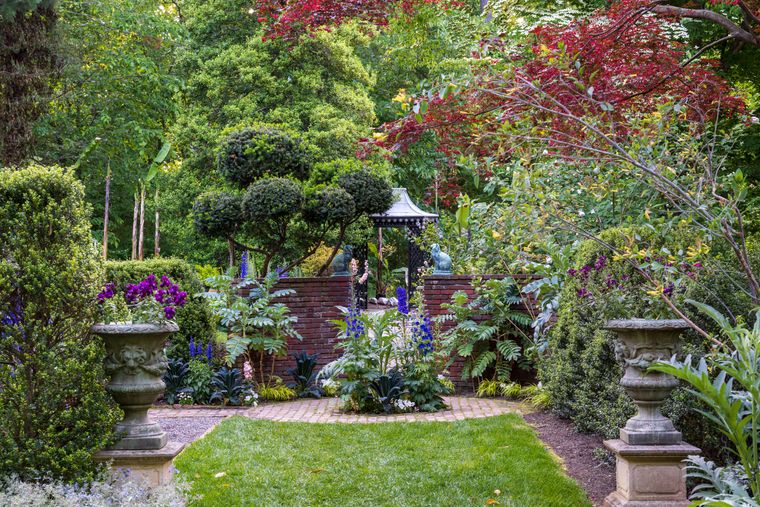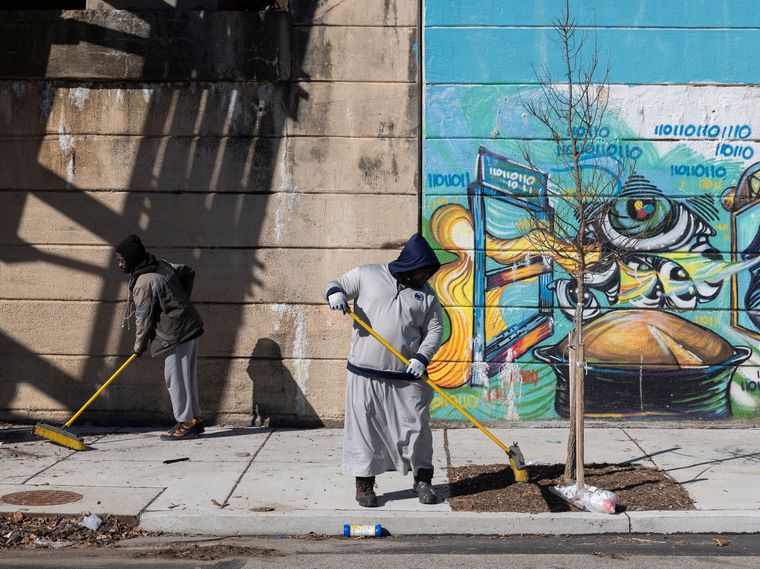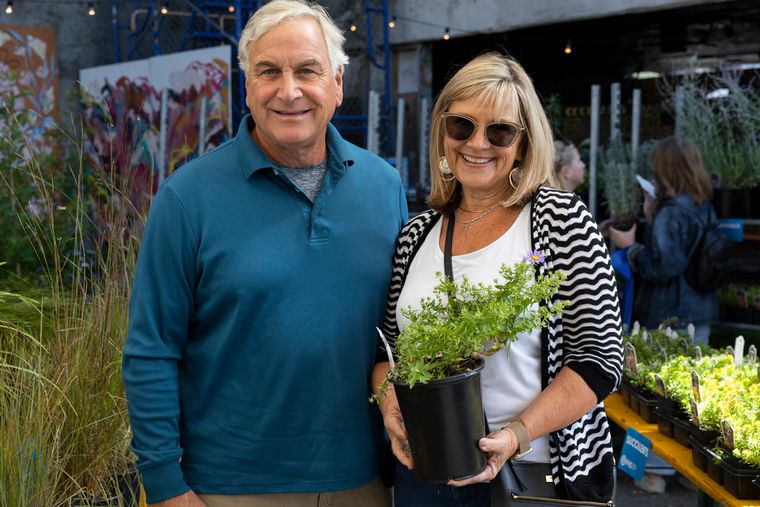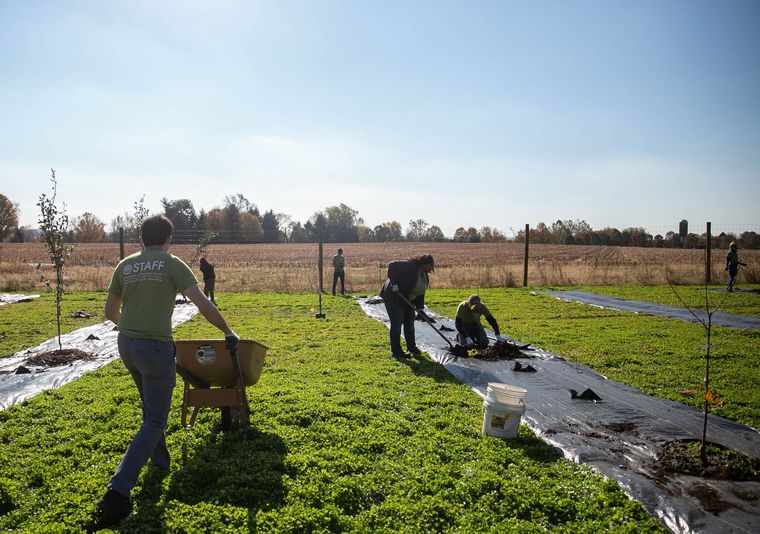



PHS’s Tree Planting Initiatives: A Green Solution to the Urban Heat Island Effect
sustainable gardening
phs community & events

By Melissa O’Brien
As Philadelphia faces the intensifying impacts of climate change, a recent collaboration between The Nature Conservancy (TNC), the Pennsylvania Horticultural Society (PHS), and several other partners offers a beacon of hope. The release and analysis of Philadelphia’s Urban Heat Map — detailed in an interactive ArcGIS StoryMap titled Citywide Heat Ride — reveals the pressing need for trees in Philadelphia's most heat-vulnerable neighborhoods. This study emphasizes the importance of strategic tree planting and care in mitigating the extreme heat that poses risks to both the environment and the well-being of Philadelphia residents.
In this blog post, we'll explore this vital research, and how PHS is taking concrete action to enhance the city's level of tree canopy.

Philadelphia’s Urban Heat Map and the Need for Trees
TNC’s new high-resolution heat map and accompanying analysis show the hottest, most heat-vulnerable areas of the city with the least amount of tree canopy. The data for the map was gathered in the summer of 2022 when multiple partner organizations (including PHS), community groups, and city residents mapped Philadelphia’s “urban heat island” as part of a federally-funded study to uncover how heat varies across neighborhoods on a hot summer day and how local landscape features affect temperature and humidity.
The measurements taken during this heat mapping campaign differ from those used in previous heat maps. Temperatures used in prior heat maps were taken by satellites that record surface temperatures, like the tops of buildings. The more recent heat mapping campaign, however, measured air temperature and humidity close to the ground, which more closely represents the heat people feel. Additionally, measurements were collected at multiple times of day (morning, afternoon, and evening), which captures how the hottest and coolest areas change depending on the time of day. Having this new information allows communities and city officials to make more informed decisions about where to plant and care for trees, as well as advocate for trees where they are needed most.

The Impact of Tree Canopy Research
The findings from TNC’s Citywide Heat Ride study underscore the importance of increasing the level of tree canopy coverage, especially in areas with high vulnerability to extreme heat. It revealed that temperatures in neighborhoods with lower tree canopy coverage soared as much as 10.5 degrees higher than more tree-dense areas at the same time of day. According to TNC’s analysis, some of the areas of highest need for trees include Kingsessing and Grays Ferry.
Furthermore, studies have linked the benefit of increased tree canopy to lower rates of violence and better health outcomes, including a reduction in heat-related illnesses. The U.S. Forest Service estimates that achieving 30% tree canopy would prevent over 400 premature deaths per year in Philadelphia, including over 200 premature deaths in areas of lower socioeconomic status. Trees also help slow stormwater runoff, reduce energy consumption, decrease carbon emissions, and boost academic achievement.
“PHS continues to make strides in raising money for Philadelphia’s urban forest and working with residents to target investment in the lowest canopy neighborhoods where trees can deliver the greatest impact. The results of TNC’s Citywide Heat Ride report provide further evidence of the important role trees play in improving health and well-being for all. At PHS, the results of this study will help us to continue advocating for sustained investment in tree planting and stewardship, and to drive awareness and support for our work planting thousands of trees each year in the Greater Philadelphia region,” said Matt Rader, PHS President.

Taking Action
From November 16 - 19, 2023, PHS and over 90 Tree Tenders groups, community organizations, and neighborhood volunteers will come together to plant 1,770 trees throughout the Greater Philadelphia region. This semi-annual initiative is a core component of PHS's mission to create healthier, greener communities.
Interested volunteers can sign up here to help plant trees, and no prior experience is necessary. This endeavor not only enhances the tree canopy but also fosters social connections and community engagement.
For those who cannot participate in tree planting events but still want to support PHS's tree planting programs, the "More Trees Please" campaign offers a way to contribute. Each spring and fall, PHS collaborates with volunteers to plant trees at little or no cost to residents, and donations to this campaign provide critical funding for these initiatives.

Creating Cooler, Greener Cities
TNC’s analysis of Philadelphia’s Urban Heat Map and PHS's proactive tree planting initiatives mark a significant step toward ensuring Philadelphia's neighborhoods remain resilient in the face of climate change. Lori Brennan, Executive Director of TNC in Pennsylvania and Delaware, emphasized the significance of this study, stating, "As average temperatures continue to rise due to a changing climate, it's more critical than ever to employ nature-based solutions in our communities."
The collaboration between TNC, PHS, and numerous community organizations highlights the power of trees in mitigating the urban heat island effect. As Philadelphia takes these steps toward a greener, cooler future, the city becomes a shining example for other urban areas in the battle against extreme heat.
Volunteer for our upcoming tree plantings near you, November 16 - 19.


